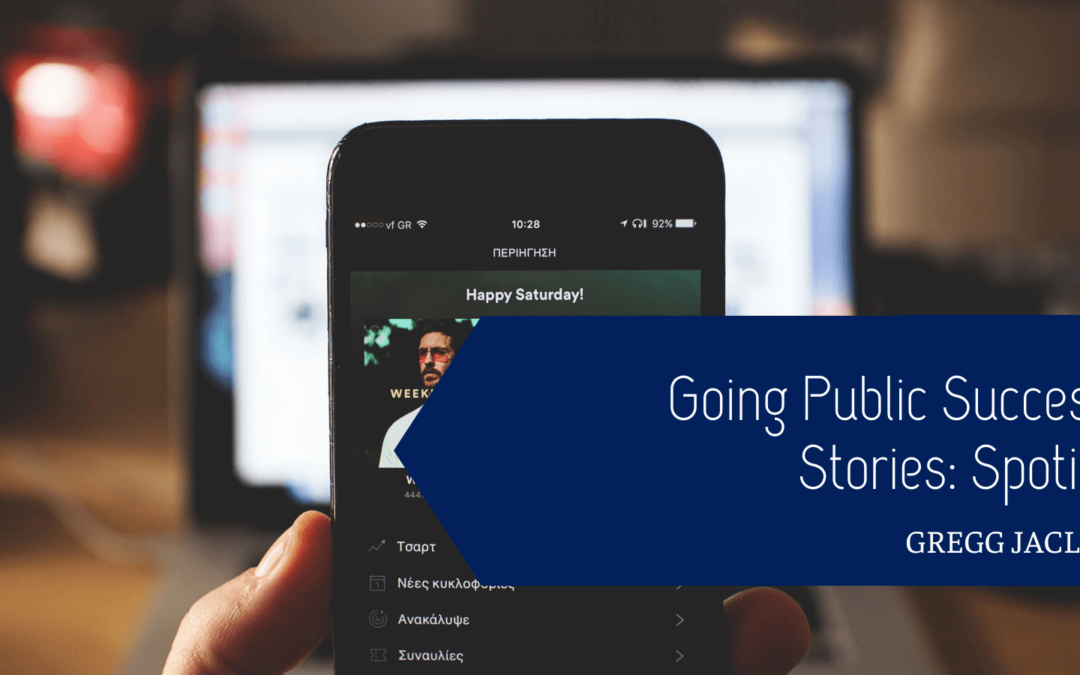If Spotify’s direct listing were to be a song, it would be on the list of the most popular songs in 2018. Since it became a public company four years ago, the company’s potential impact on the stock market has been widely talked about.
With over 87 million users, Spotify is already considered a household name. Its simple business model and attractive valuation draw comparisons to Netflix. It’s also a great way for companies to get the attention of potential investors without having to go through a bank. According to experts, only the biggest companies can successfully attract the necessary level of interest from potential investors.
Spotify’s Unique Approach
The company’s initial public offering on April 3 attracted a lot of interest. It was also a great way for the company to get the attention of potential investors without having to go through a bank. Instead of hiring investment bankers to sell its shares, Spotify opted to go through a direct listing.
Unlike other companies whose initial public offering was conducted through a bank, Spotify did not sell new shares. Instead, it allowed its employees and investors to sell their shares. As a result, almost all of the company’s shares were immediately available for trading.
Why They Did a Direct Listing
Since it had enjoyed tremendous success in the private markets, Spotify did not need to raise additional capital immediately. The company also believed that going through a direct listing was the best way to achieve its goals. In addition to having a large and diverse investor base, Spotify also had a relatively easy-to-understand business model and a transparent company culture.
The company’s initial public offering has been a resounding success. After opening at $165.90, the stock traded in a tight range. Despite the lackluster performance of the stock market at the time, the sellers were not able to overwhelm the buyers. Some market-watchers noted that investors should not get too excited about the company’s initial public offering due to the mixed performance of the tech sector.
The success of Spotify’s initial public offering has prompted other companies to follow suit and go through a direct listing. It’s also a great way for banks to avoid getting hit with huge underwriting fees.

